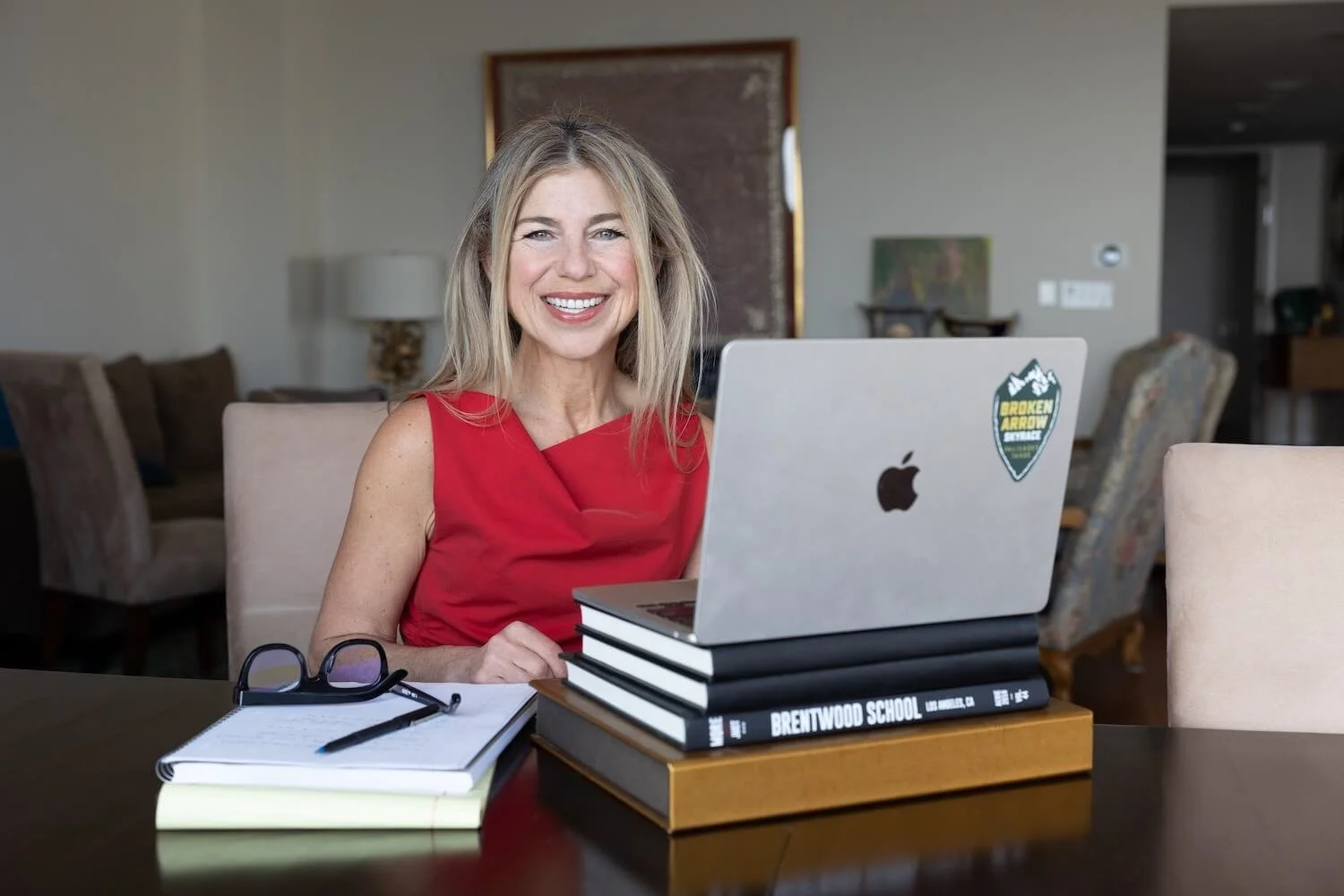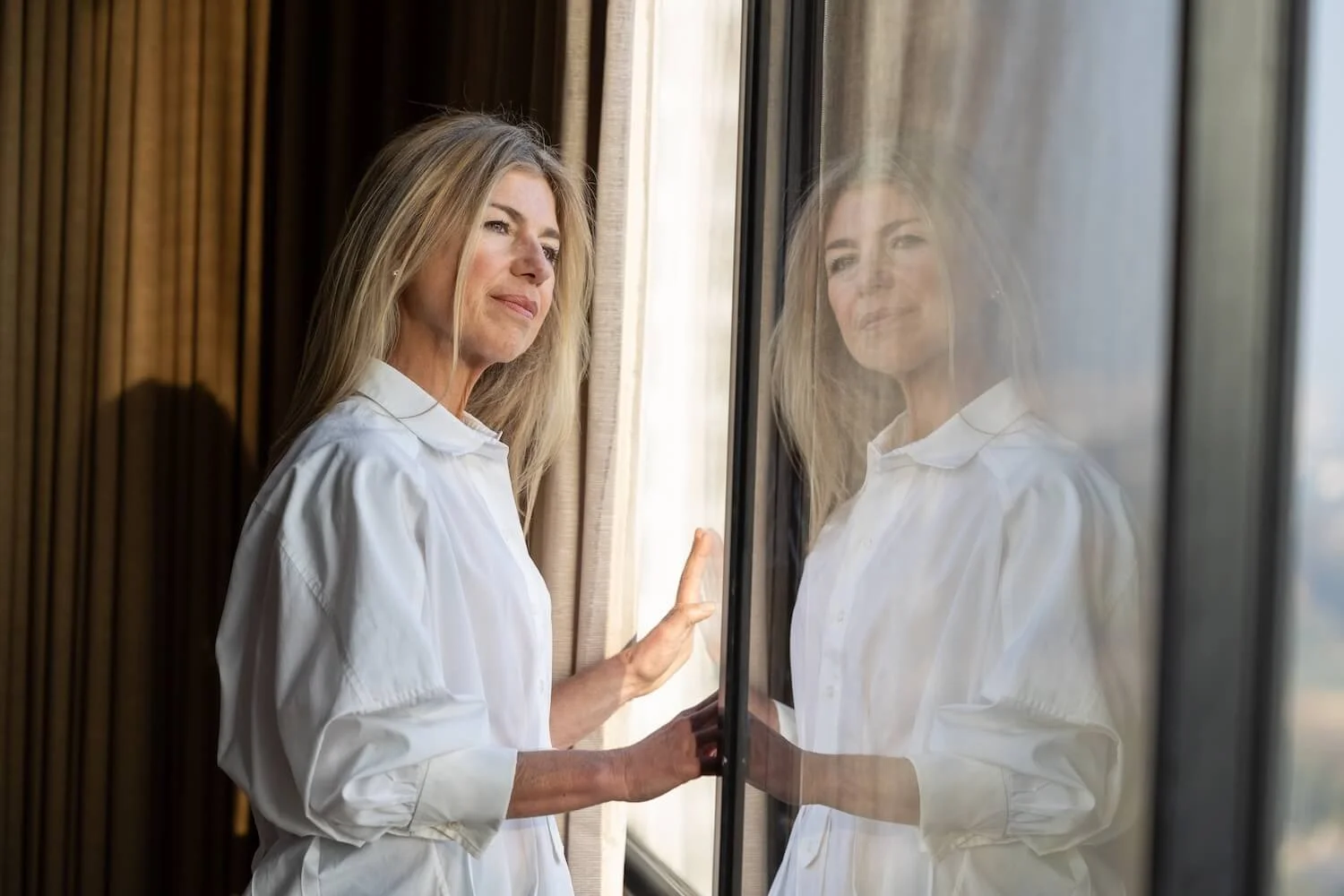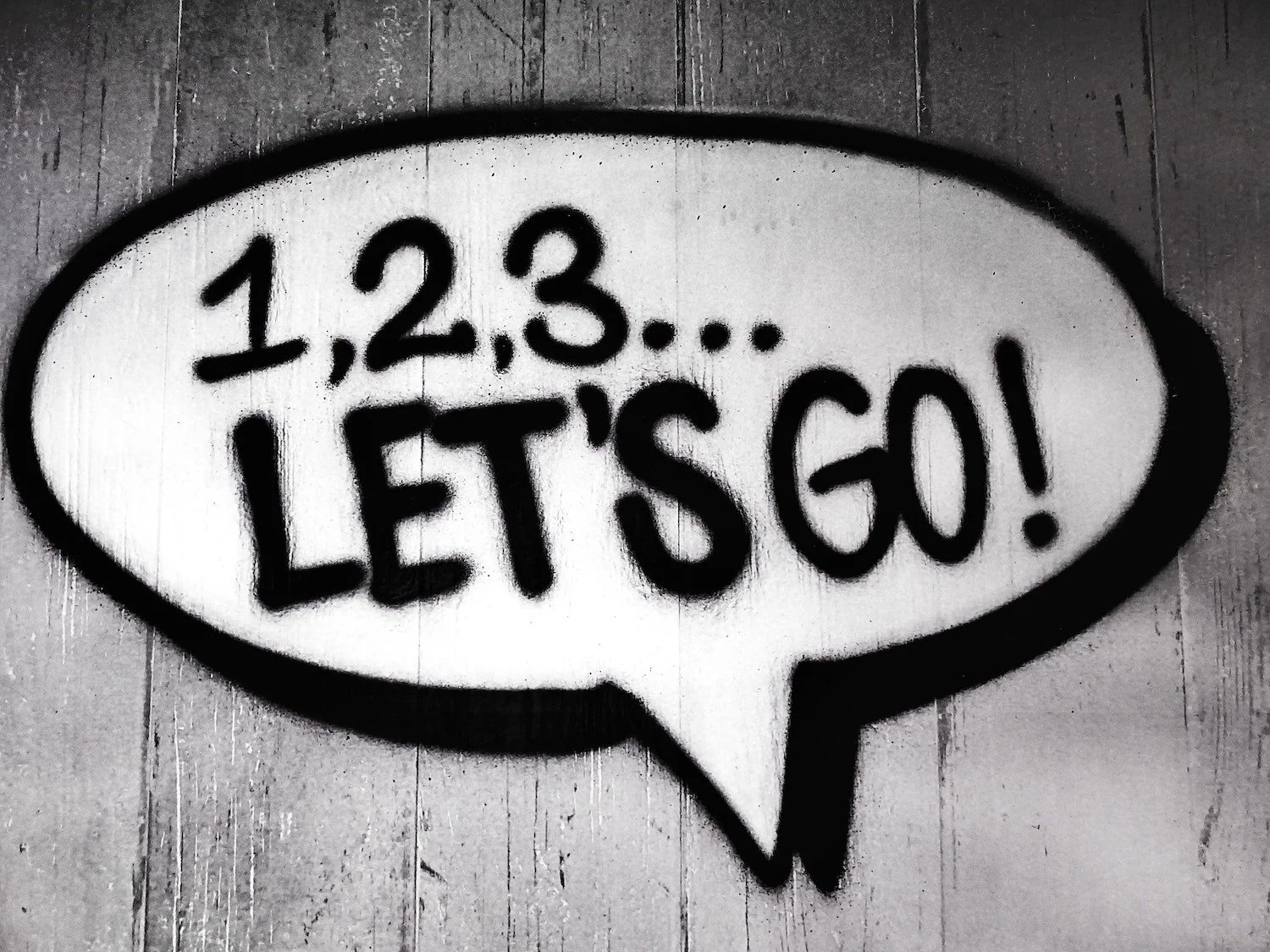The Key to Better Decisions: Understanding the Why Behind Your Decision Making Process
Our life is the sum of our choices.
— Albert Camus
I’m obsessed with the art of decision making! Decisions decide direction.
What was the last impactful decision you made? How did you go about making it? Do you want to make better decisions?
As a coach for high-performing and driven individuals, I often help my clients sharpen their decision making abilities. (To be clear, I don’t make decisions for my clients but decisions are made almost every time we meet or speak.)
How do I do this?
The first step is to make them aware of their default decision making process.
In my experience most individuals can be grouped into the following three broad mindsets based on how they make their decisions.
1. Hummingbirds
Hummingbirds enjoy picking and mixing ideas and approaches from different disciplines. These are the people who use mental models gleaned from psychology, philosophy, history etc. to make their decisions. They believe that this way of decision making is the “common sense” way.
This also happens to be my default decision making process because it comes to me most naturally.
It is only now—after a decade of coaching professionally—that I understand that there are at least two other methods that very intelligent and worldly people use!
2. Hawks
Hawks make decisions based on right vs. wrong. Not in the context of correct or incorrect, but literally what they believe to be morally right or wrong.
You might think I’m talking strictly about folks who are duly religious—but no. I’ve come across this pattern in all swaths of society and it has nothing to do with an individual’s level of education or religious practices.
3. Flamingoes
Flamingoes consider themselves to be part of a larger dynamic and care deeply about others’ opinions. Their decision making process is driven by the question, “What will ______ think or do?” Fill in the blank with my mother, church, best friend, and any other person or group one has a sense of belonging to.
Contrary to how they may appear, Flamingoes are not weak-minded or indecisive. They are often the folks who form the backbones of societal structures.
Understanding that there are various ways intelligent, educated and caring people make decisions has been at the heart of my professional and personal growth.
If you want to make better decisions, first identify your default style of doing so.
Next, acknowledge that your process is not the only correct way.
Now step into the two different mindsets—that are NOT your default—and make the same decision from the new perspectives.
For example, if you are deciding a parenting issue, such as whether you should help your child with her homework, here are 3 ways you can go based on the above:
Hummingbird — I should not help my child with her homework because I believe from studying psychology and reading many parenting books, that she needs to take ownership of the process so she can grow to become an independent adult.
Hawk — I should help my child with her homework because whenever someone asks for help, the right thing to do is to help, if we are at all able to.
Flamingo — I should help my child with her homework because that’s what the other parents in my circle are doing.
Lastly, with a measure of humility and compassion for yourself and others, make your final decision with the understanding that you are making the best decision you see fit at this time. Your decision is not universally right and you will likely look back at it at a future date and wonder whether you should have made a different decision.
Doubting your decision does not mean you’ve made the wrong decision! It means you’re taking action rather than being stuck.
Doubt is a feature of decision making—not a bug!
Perhaps the greatest value in understanding the different mindsets is that over time you will develop a better understanding of why people you love and respect make decisions that are wildly different than what you would make.
Deeper understanding always leads to more compassion, a precondition to creating more fulfilling relationships.










